As we head into the colder months, supporting your immune system becomes even more critical, especially if you work in demanding environments like construction. The rigors of long hours outdoors, physical exertion, and exposure to various elements can challenge your immune health more than other professions. Fortunately, natural immune supplements like echinacea, ginseng, and andrographis can give your immune system the extra support it needs.
Why immune health matters
For construction workers, immune health is critical. They are exposed to fluctuating temperatures and unpleasant weather and work in environments where germs and bacteria can easily spread. This is especially true heading into winter, yet many people often forget to boost their immune systems before going into these months.
If you prepare, you can strengthen your immune system, which will make you less likely to get sick. Fewer missed workdays and better productivity mean higher efficiency and fewer sick days for employers, making immune support a win-win for both workers and businesses.
14 supplements to naturally boost immunity
While a healthy diet and lifestyle are crucial for maintaining strong immune health, some natural supplements can offer extra support. These immune supplements work in various ways to enhance your body’s defense mechanisms, helping to fend off colds, flu, and other illnesses.
1. Echinacea
Echinacea has long been used as a remedy to prevent and treat colds. It works by enhancing your immune system’s activity, helping combat viruses and bacteria. Specifically, echinacea may reduce the severity and duration of cold symptoms by stopping the spread of certain germs. This makes it an excellent choice to take at the first sign of a cold, particularly in environments where illnesses spread easily.
2. Elderberry
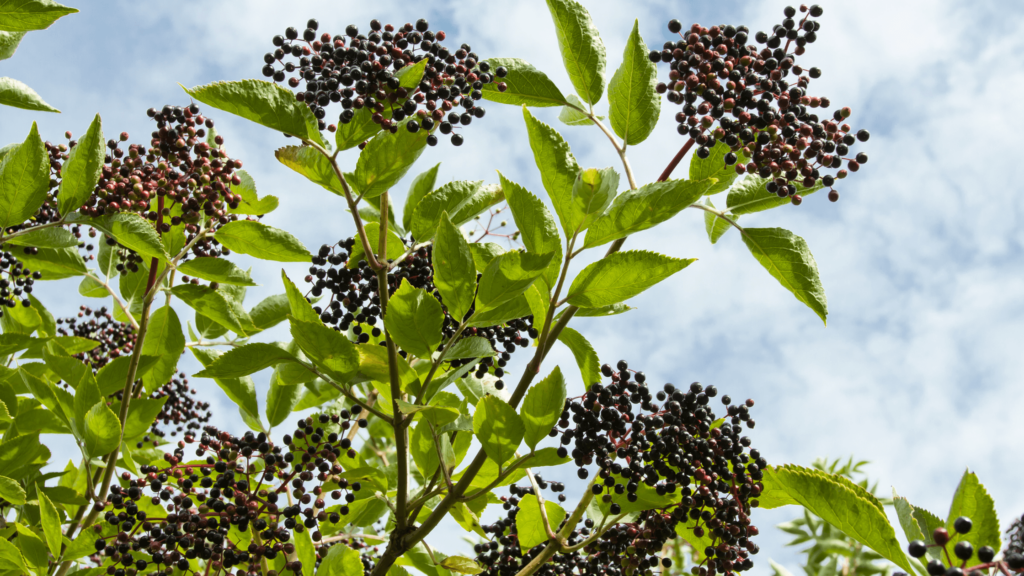
Elderberry contains antioxidants that help reduce inflammation and support overall immune health. Research suggests that elderberry may shorten the duration of cold and flu symptoms by bolstering the immune system’s response.
Pro tip: You can easily make your own elderberry syrup at home with just a few ingredients for a potent, natural, immune supplement!
3. Andrographis
Andrographis is another potent (but lesser-known) herb known for its immune-boosting properties. It has been shown to reduce the duration and severity of cold symptoms, and its anti-inflammatory effects help protect the body during viral infections. Studies also suggest that Andrographis might improve immune cell function, making it a popular choice for naturally boosting immunity.
4. Ginseng
Ginseng is widely known for its immune-enhancing properties. This adaptogenic herb helps the body manage stress, which benefits the immune system by reducing inflammation and improving overall immune response. It has been found to stimulate specific immune cells, like macrophages, which play a critical role in the body’s defense against infections. Regular use of ginseng, particularly during the colder months, can help you stay healthy and fend off common illnesses.
5. Garlic
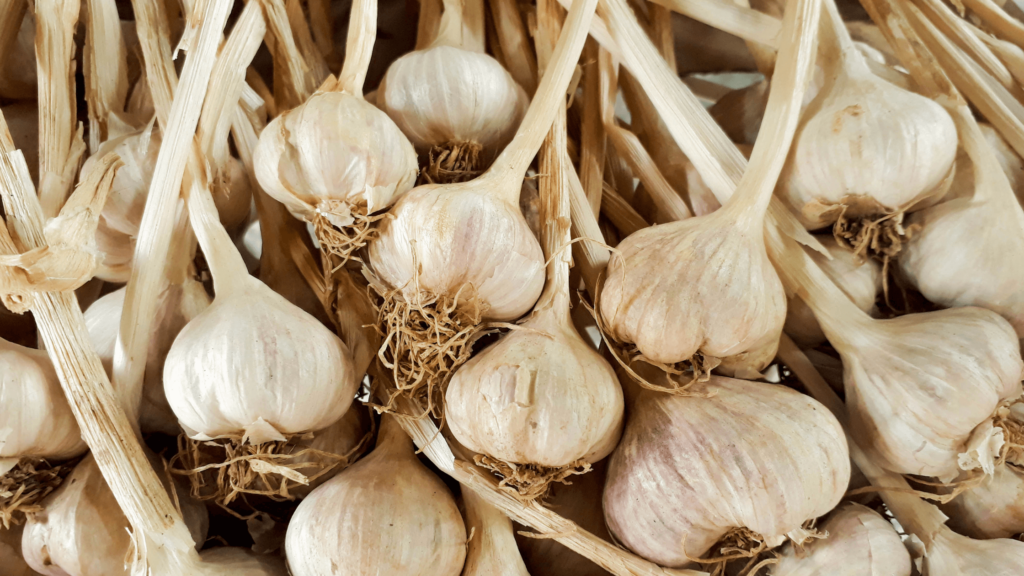
Garlic is more than just a flavorful addition to food—its antibacterial and antiviral properties make it a powerful immune booster. Studies have shown that garlic can reduce the severity of colds and speed up recovery. This is due to compounds like allicin, which fight off harmful microbes and stimulate the production of white blood cells, the body’s first line of defense against infection.
Pro tip: Get the biggest bang for your buck by making fermented garlic honey! Garlic offers powerful antimicrobial and anti-inflammatory properties, while honey is a natural antioxidant and anti-inflammatory.
6. Oil of oregano
Oil of oregano is another natural remedy known for its antimicrobial and anti-inflammatory properties. This essential oil is rich in compounds like carvacrol and thymol, which help to fight bacterial and viral infections. Using oregano oil can provide additional immune support, particularly when you’re exposed to environmental stressors or feel the onset of a cold.
7. Zinc
Zinc is crucial in maintaining a healthy immune system by supporting immune cell function and reducing inflammation. It’s known to help shorten the duration of colds, but timing is key—zinc is most effective when taken within 24 hours of the onset of cold symptoms. It also activates T-cells, which are essential for immune defense, making it a must-have immune supplement during cold and flu season.
8. Medicinal mushrooms
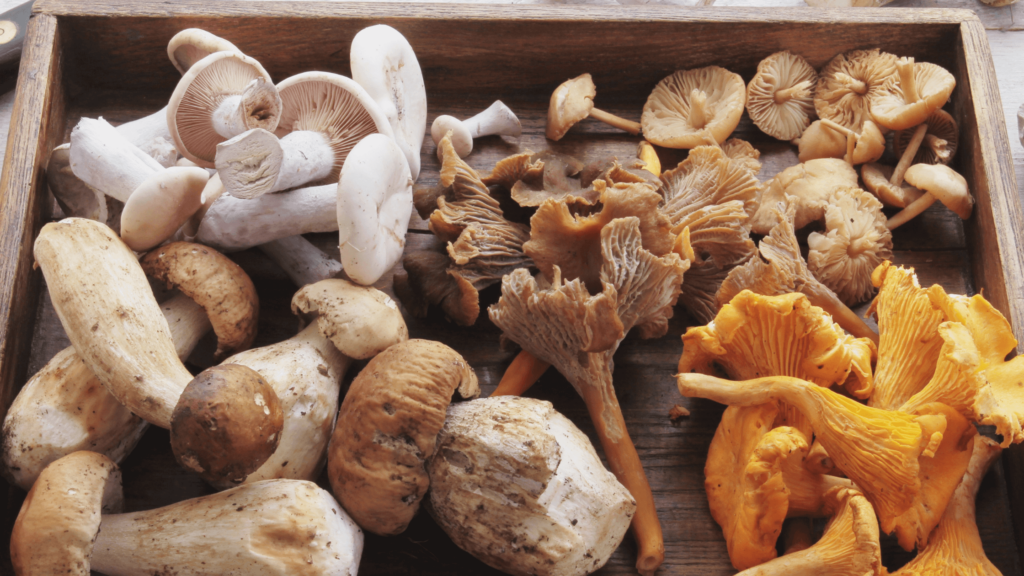
Medicinal mushrooms, such as reishi, shiitake, and maitake, are packed with antioxidants and immune-boosting properties. These mushrooms enhance the body’s immune response by stimulating the production of immune cells like macrophages and natural killer cells. They also have antimicrobial effects that help fight off infections, making them a powerful natural tool for boosting overall immunity.
9. NAC (N-acetylcysteine)
NAC is a precursor to glutathione, one of the body’s most important antioxidants. By replenishing glutathione levels, NAC helps reduce oxidative stress and inflammation, which can weaken the immune system. Additionally, NAC supports lung health, which is particularly beneficial for preventing respiratory infections and maintaining immune resilience.
10. Vitamin C
Vitamin C is an essential nutrient that enhances the function of various immune cells, helping the body fight infections more effectively. It acts as an antioxidant, protecting cells from damage caused by free radicals and boosting the body’s natural defense mechanisms. While vitamin C doesn’t prevent colds, it can reduce the severity and duration of symptoms, making it a valuable addition to your immune support routine.
Pro tip: Opt for whole-food sources over synthetic ascorbic acid when looking for vitamin C supplements, as they’re more readily absorbed and utilized.
11. Vitamin D
Vitamin D is a critical regulator of the immune system. It plays a role in activating T-cells and helping modulate immune responses, preventing the immune system from becoming overactive. Studies suggest that maintaining adequate vitamin D levels can reduce the risk of respiratory infections, especially during the winter months when sun exposure (a natural source of vitamin D) is limited.
12. Selenium
Selenium is a powerful antioxidant that helps to boost white blood cell count and protects cells from oxidative stress. It’s also crucial for producing selenoproteins, which regulate inflammation and immune responses. Adequate selenium intake can help your body respond more effectively to infections, making it an important nutrient for overall immune health.
13. Probiotics
Since approximately 70% of the immune system is located in the gut, maintaining a healthy gut microbiome is essential for optimal immune function. Probiotics help balance good and bad bacteria, enhancing the gut’s barrier function and preventing harmful pathogens from entering the body. By promoting the production of immune cells and reducing inflammation, probiotics contribute to innate and adaptive immune responses, making them a powerful supplement for boosting overall immunity.
14. Bee Propolis
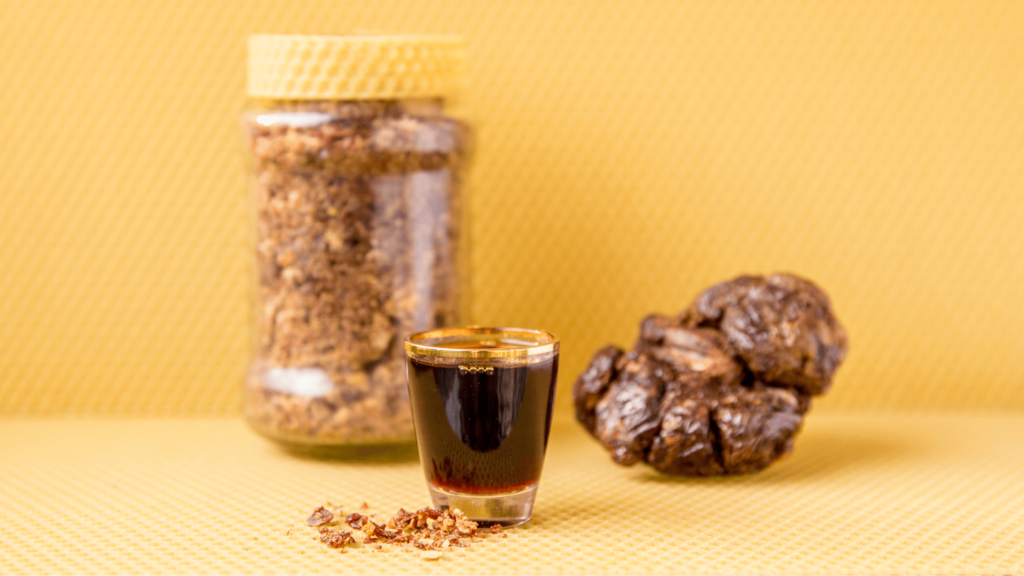
Bee propolis, a resinous mixture produced by bees, has potent antioxidant, antiviral, and anti-inflammatory properties. It shields the body’s cells from oxidative stress and harmful microbes. In addition, bee propolis contains compounds that can boost immune responses, helping the body ward off infections and reduce inflammation.
Bottom line
While supplements can boost your immune system, they’re not a magic bullet. The foundation of a robust immune system comes from healthy lifestyle habits like getting quality sleep, eating a balanced diet, and staying physically active—supplements are most effective when they complement these habits. If your lifestyle is out of balance—whether from poor nutrition, lack of exercise, or chronic stress—no amount of supplementation can fully protect or enhance your immune function. Prioritize overall health first, and use immune supplements as an added layer of defense.
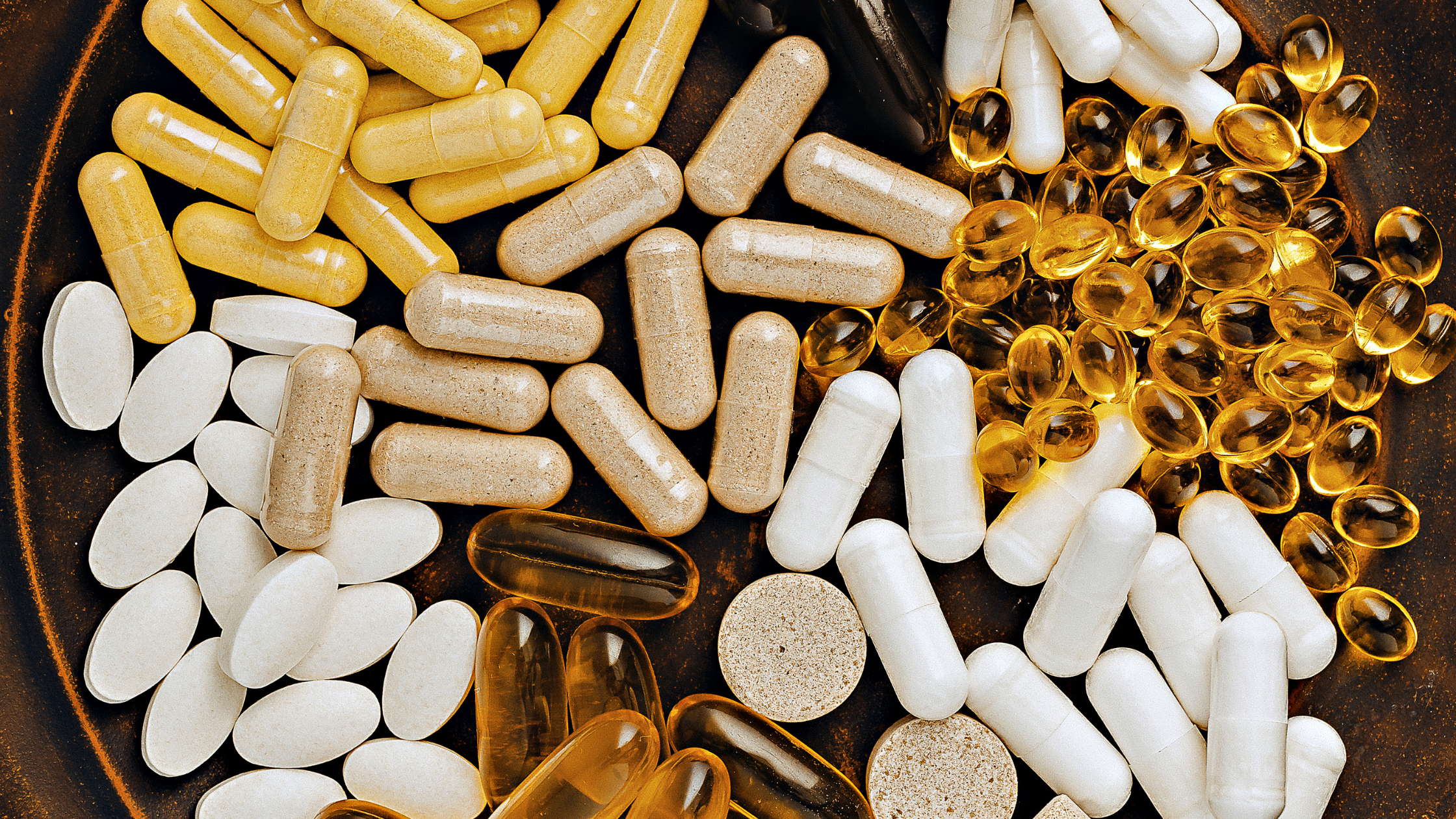


2 comments